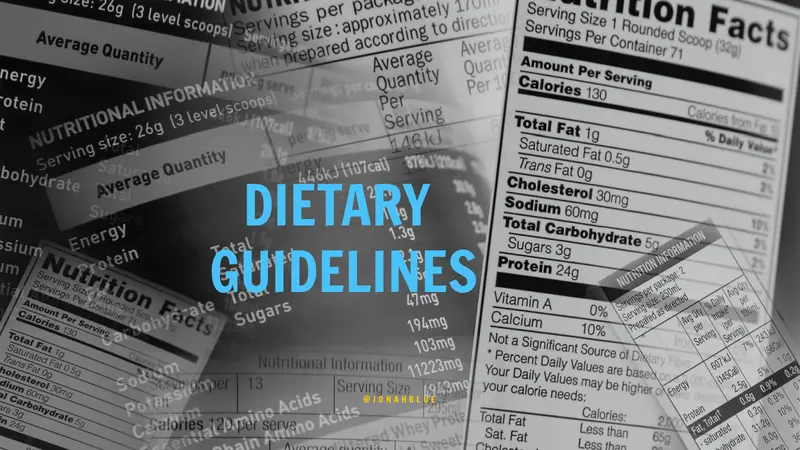

Industry News

Industry News
Conflicts of Interest in Our Dietary Guidelines
A shocking new study revealed that 95% of the 2020-2025 U.S. Dietary Guidelines for Americans (DGA) committee, a group of 20 members who gather every five years to oversee the science for the most influential dietary policy in the U.S, had conflicts of interest with the food and pharmaceutical industries.
The study aimed to measure incidence of conflicts of interest with food and pharmaceutical industry actors on the advisory committee for the DGA and assess the adequacy of current mechanisms to disclose and manage conflicts of interest among the committee’s members.
The analysis found that 95% of the committee members had conflicts of interest with the food and/or pharmaceutical industries and that particular actors, including Kellogg, Abbott, Kraft, Mead Johnson, General Mills, Dannon, and the International Life Sciences had connections with multiple members. Research funding and membership of an advisory/executive board jointly accounted for more than 60% of the total number of conflicts of interest documented.
Disclosure of conflicts of interest on this committee was recommended in 2017 by the National Academies of Sciences in order to increase transparency and manage bias, but public disclosure does not appear to have taken place.
Trustworthy dietary guidelines result from a transparent, objective, and science-based process. The significant and widespread conflicts of interest on the committee prevent the DGA from achieving the recommended standard for transparency without mechanisms in place to make this information publicly available.
REFERENCES
Mialon, M., et. al.. (2022, March 21). Conflicts of interest for members of the U.S. 2020 dietary guidelines advisory committee. https://pubmed.ncbi.nlm.nih.gov/35311630/


 By
By



